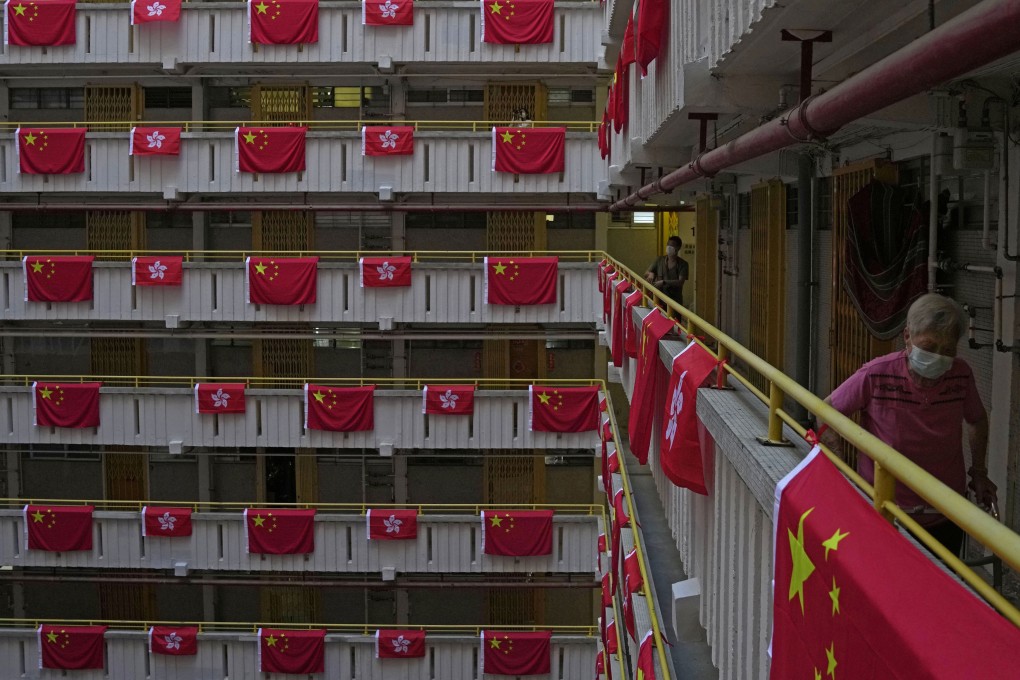Advertisement
Opinion | Why we should be proud of Hong Kong’s evolution into a dynamic, prosperous city over the past 25 years
- The city has matured considerably despite being new to governing itself following the handover in 1997
- If Hong Kong continues to play a key role in serving China’s interests, there is no reason one country, two systems cannot extend beyond 2047
Reading Time:3 minutes
Why you can trust SCMP
10

I vividly recall the handover ceremony on July 1, 1997 as an ordinary citizen of Hong Kong. No one knew how “one country, two systems” would work out, as it had never been tried before. As with any new adventure, I felt a sense of anticipation and excitement over being masters of our own fate, but also a bit of trepidation about the unknown.
Different people had their own interpretations of the meaning of two systems under one country. Many felt the two systems were segregated and completely separate unto themselves and that things would never change. Others felt the two systems were connected and linked by borders, people and country.
In 1997, Hong Kong was new to governing itself. While the Basic Law laid out the fundamentals, as with anything else, governance requires actual practice rather than just learning theoretically.
Advertisement
Since I became a lawmaker in 1998, I have had the privilege of taking part in governance and leadership together with my fellow colleagues in government. We learned a lot in the ensuing years.
Hong Kong has developed considerably over the past quarter of a century. Its maturation has seen tranquillity interspersed with drama.
Advertisement
The city has aged in the past 25 years. In 1997, 14.5 per cent of the population was over 60; by the middle of last year, that figure was almost 28 per cent.
Advertisement
Select Voice
Choose your listening speed
Get through articles 2x faster
1.25x
250 WPM
Slow
Average
Fast
1.25x
